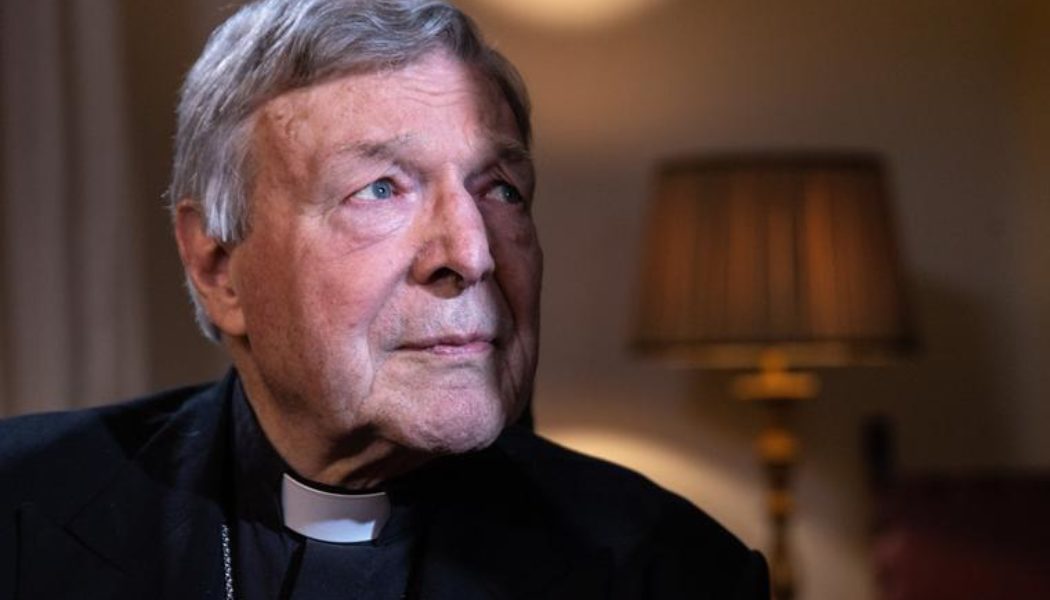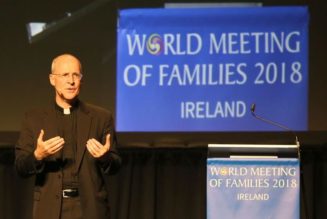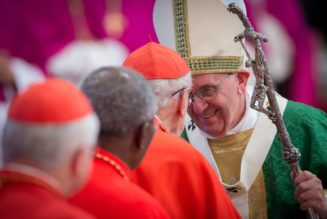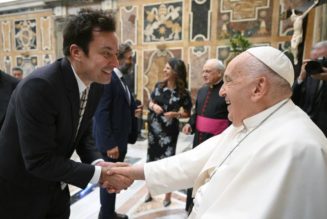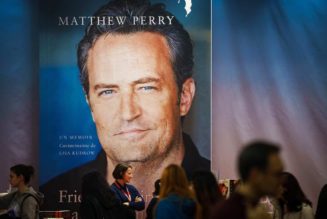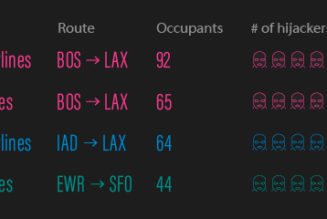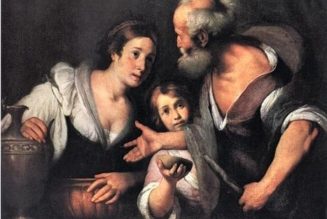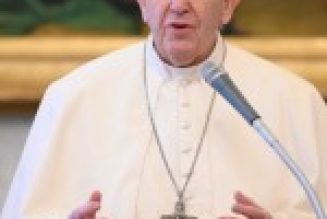
Editor’s note: Father Raymond de Souza reflected on his relationship with the late Cardinal recently on EWTN’s Register Radio. Listen to the full interview here or embedded below.
The death of Cardinal George Pell was a monumental loss for the Church and an immense personal sadness for me.
On the occasion of his 80th birthday, I wrote about his legacy, but fully expected in June 2021 that his contributions would be continuing and essential. That he was in the last 18 months of his life had not entered my mind. I concluded that column: Ad multos annos, Cardinal Pell! Alas, there were not to be annos, let alone multos.
Now he is dead and the magnitude of the man can be measured in part by the massive reaction his death has occasioned — rather singular for a retired cardinal — both in Australia and around the Catholic world. In the days to come before his pontifical requiem and burial in Sydney, I intend to detail here the sheer impact of what his successor in that see, Archbishop Anthony Fisher, calls “the most prominent churchman that Australia has ever produced, and certainly the most influential within our country — as well as around the world.”
First, though, it may be of comfort to those who mourn him personally — and those who admired him from afar — to share some of my memories of the man.
An Introduction
Upon his death, I was surprised to realize that I first met Cardinal Pell more than 24 years ago. I had arrived in Rome in August 1998 as a seminarian and had agreed to help out the Register for a few months (!) as it searched for a new Rome correspondent. That fall, the Australian bishops were in Rome at the Synod for Oceania and for a “come to Peter” meeting with the heavyweights of the John Paul era, including Cardinals Joseph Ratzinger and Jorge Medina Estévez.
I was sent to interview Archbishop Pell, then of Melbourne. The very public correction Cardinal Ratzinger and the others had administered to flaccid Australian hierarchy was a vindication for the archbishop. He spoke frankly, answered every question I put to him forthrightly and some I didn’t even ask.
I had no idea that I had begun at the top; that George Pell was the best interview in the English-speaking Catholic world.
Acquiring a Father
The interview done, he took an interest in this first-year seminarian. I would discover later that he took a keen interest in many young people whom he thought had potential to serve Christ and his Church. He invited me to join his Melbourne seminarians in Rome for dinner later that week.
After that, on his trips to Rome, he would regularly check in on me, making time for a Commonwealth seminarian on the other side of the world. I received more pranzo and cena invitations from Archbishop Pell when I was a seminarian than I have received in 20 years of priesthood at home from my own ordinaries.
I enjoyed immensely his company and his guidance. He had an easy manner in correcting me — often — when discussing the vagaries of the Roman scene.
“Raymond, you don’t actually know that,” he would say. “You may think it is true, you may have heard that it is true, but you don’t know that with certainty.”
His passion for truth was not only about Catholic doctrine; he insisted that our private conversations be rooted in the truth — not a universal practice in the worlds of journalism, or Roman gossip.
He became a true spiritual father to me, for whom I grew in both affection and reverence, which every son desires to have for his father.
A Final Charge
That journalistic introduction would come full circle. A week before he died, I interviewed him for our EWTN coverage of the death of Pope Benedict XVI.
“What is really important, of course, is that the legacy of John Paul the Great and Benedict survives and thrives,” he told us. No one had greater dedication to that project than he. Those last on-air words now sound to me as a final charge. The quarter-century between our first and last interview — 25 years of kindness, hospitality, support, conversation, correction, commiseration, celebration — were for a purpose, that the seeds of those blessed pontificates would continue to bear fruit.
“I think the partnership of Cardinal Ratzinger and Pope John Paul II was one of the most brilliant in papal history,” Cardinal Pell said in our last interview. “A lot of people who grew up under them thought that the papacy is always like that. It’s rarely like that!”
“It was a blessed time to be alive and you were involved…” I replied.
“It was! It was great time!” he interrupted with brio. “A great time! A high time in the life of the Church.”
St. John Fisher Dinner
During my time as chaplain at Newman House at Queen’s University in Kingston, Ontario, I started an annual dinner to support the Catholic mission on campus. I named it after St. John Fisher, as he was a man of letters — he brought Erasmus to the University of Cambridge when he was chancellor — as well as a bishop of exceptional courage. I asked Cardinal Pell to come in 2008; he was the first to speak at the dinner.
I knew that if he came first, I would have no trouble getting others to accept our invitations after him. I didn’t. It became the only Catholic dinner in North America that had cardinals from all five continents address it in just over a decade.
I asked Cardinal Pell to speak about St. John Fisher himself; he agreed but teased me that it was pitiful that a Cambridge alumnus (me) needed an Oxford man (him) to speak about the Cambridge martyr (Fisher). As a Church historian (doctorate from Oxford), he gave a magnificent explanation of the contemporary importance and enduring relevance of St. John Fisher to many who had never heard of him. We prayed St. John Fisher’s “prayer of holy bishops” that night — that God might “set in Thy Church strong and mighty pillars that may suffer and endure.” None of us knew then that St. John Fisher’s prayer would be answered in the person of George Pell.
The most memorable point he made that night? That during their whole lives, Fisher and Thomas More did not have the witness of holy or inspiring popes. The Borgia, Medici and others had a rather worldly spirit, to understate the case. Thus, Fisher and More had died not for a particular pope, but for the truth that Christ has divinely constituted his Church on Peter. He told the students that Fisher did not have John Paul and Benedict to inspire him. Yet the bishop was courageous unto death while many others were not. The implication was clear — we had more than Fisher had. Would we be his equal in fidelity and courage?
The prince of the Church then repaired to his humble quarters in my country rectory (the shower was not working) and preached the next day to children on how much God loves them.
“Tell them what is most important,” he reminded me.
He did just that for me and so many others. He reminded us of what is most important.
(In Part II, World Youth Day to the death of Benedict XVI.)
